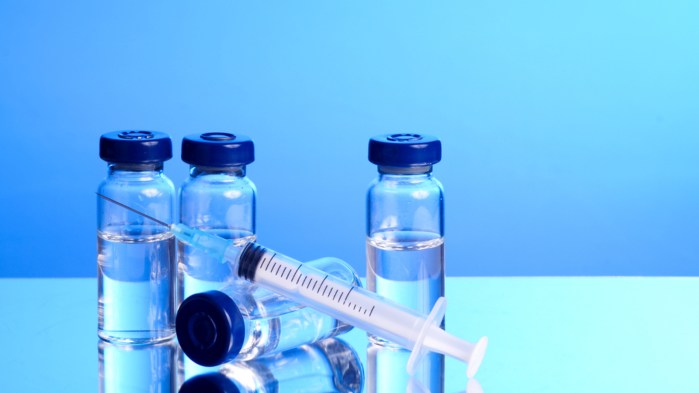With massive surge in COVID-19 cases in India and shortage of vaccine doses, the government recently allowing foreign vaccine makers to ship COVID vaccines approved by the US, EU, MHRA, PMDA and WHO without requiring an upfront trial in the country. Amid this, the government is also trying to speed up trials and approvals for indigenously-built vaccines to cater to the country’s supply and demand needs.
Recently, Ahmedabad-based pharmaceutical company Zydus Cadila is all set to submit the efficacy data of its vaccine ZyCoV-D to the Drugs Controller General of India (DCGI) by the end of this month in order for the vaccine to get approval by June.
Dr. Sharvil Patel, Managing Director of Zydus Group said, “We are looking to submit the efficacy data by the end of May and eventually look for approval in June. As soon as we see strong efficacy, which correlates to the strong immunogenicity in Phase II trials, we will look to file for an Emergency User Authorisation.”
ZyCoV-D, the plasmid DNA vaccine is India’s second indigenously-developed vaccine against the COVID-19 causing virus after Bharat Biotech’s Covaxin. This indigenously built three-dose vaccine will also be available for the paediatric use in the country and has been tested on children above 12 years of age.
With Bharat Biotech’s vaccine Covaxin now set for its Phase 2 and Phase 3 clinical trials on children in the 2-18 years age group, Ahmedabad-based pharmaceutical firm Zydus Cadila is likely to begin supplying its indigenously built ZyCoV-D from the month of June.
Zydus Cadila has taken a novel approach for manufacturing its COVID-19 vaccine. It is based on plasmid DNA that basically consists of the genetic material of SARS-CoV-2 proteins, which instruct human cells to make SARS-CoV2 antigen, eliciting an immune response in the human body.
According to Zydus Cadila’s expectations, the vaccine is likely to hit the market soon after it will receive approvals. With this, the company also plans to manufacture 240 million doses of ZyCoV-D in a year.
Apart from this, in a statement, Patel revealed that the company is also in the process of agreement with one or two Indian manufacturers to boost the capacity. However, technology transfer will be challenging and might take time.

